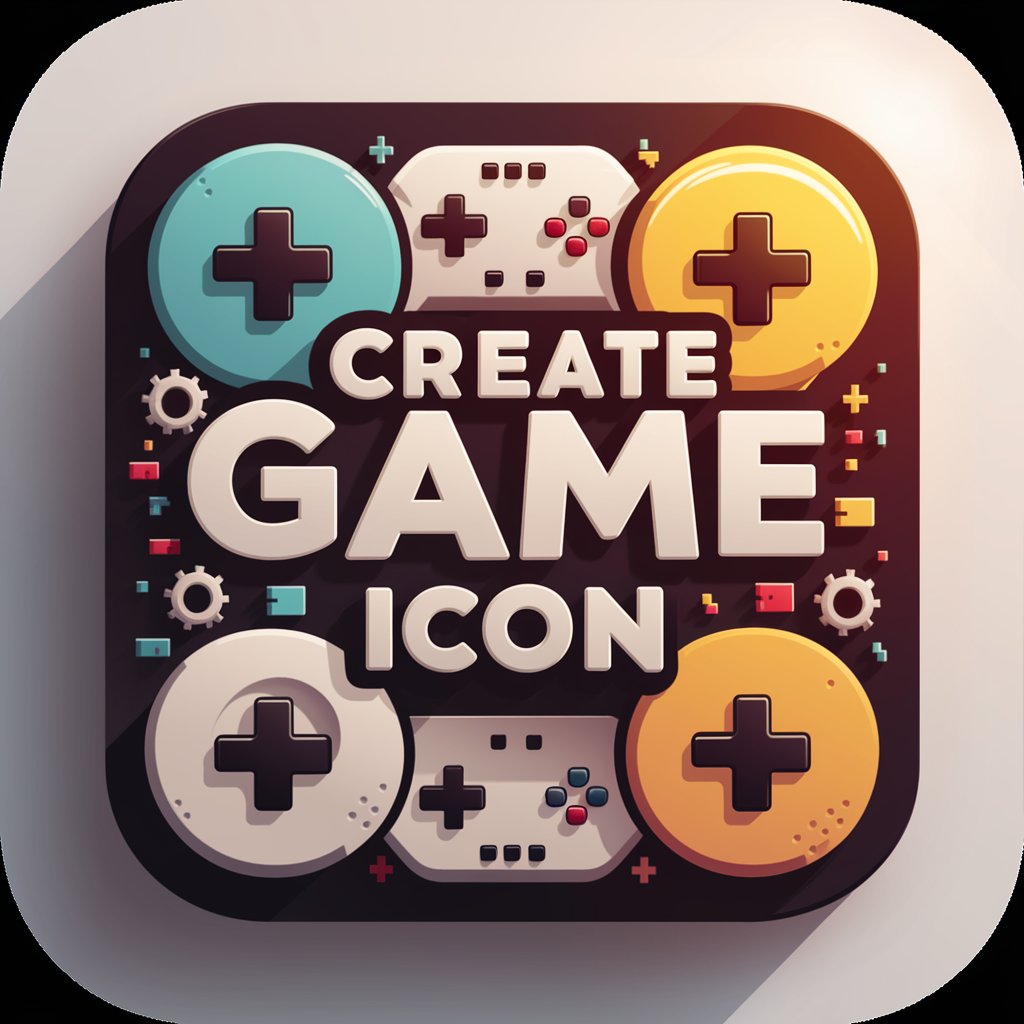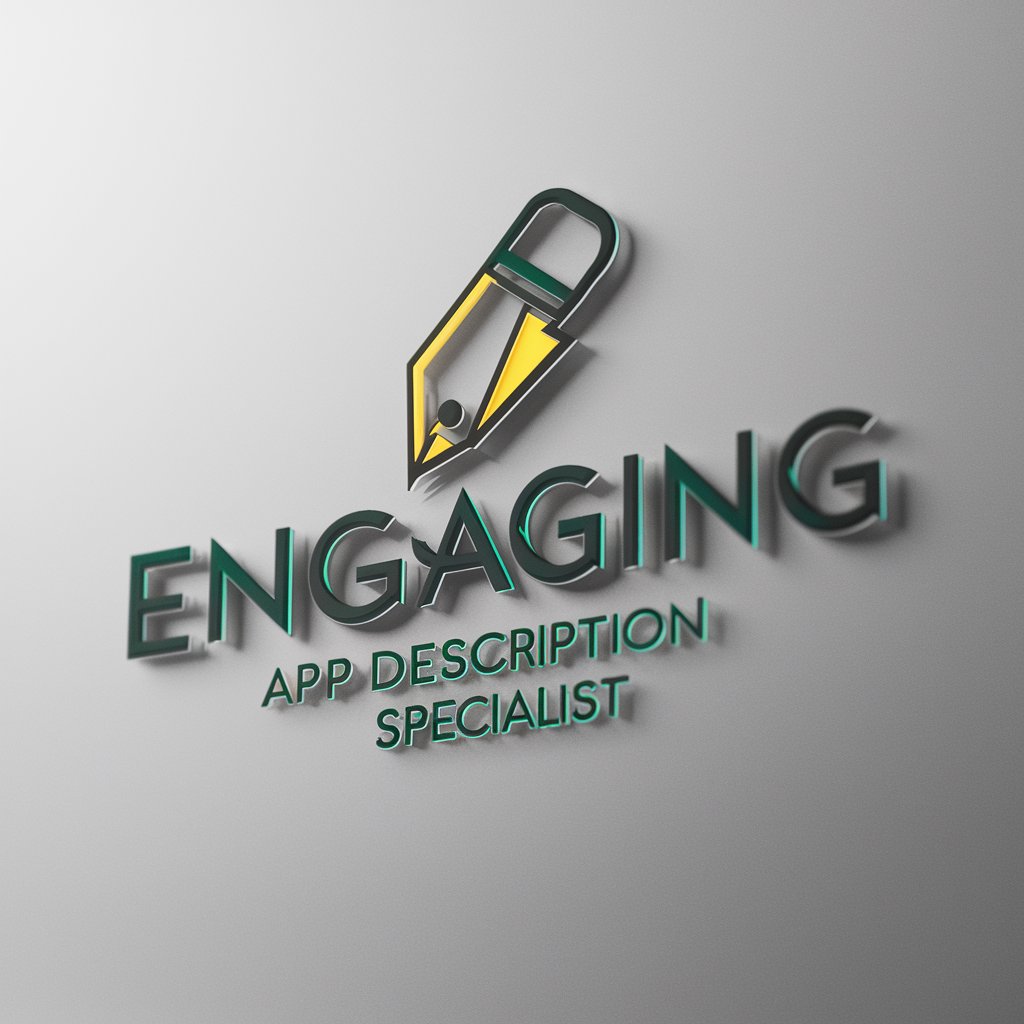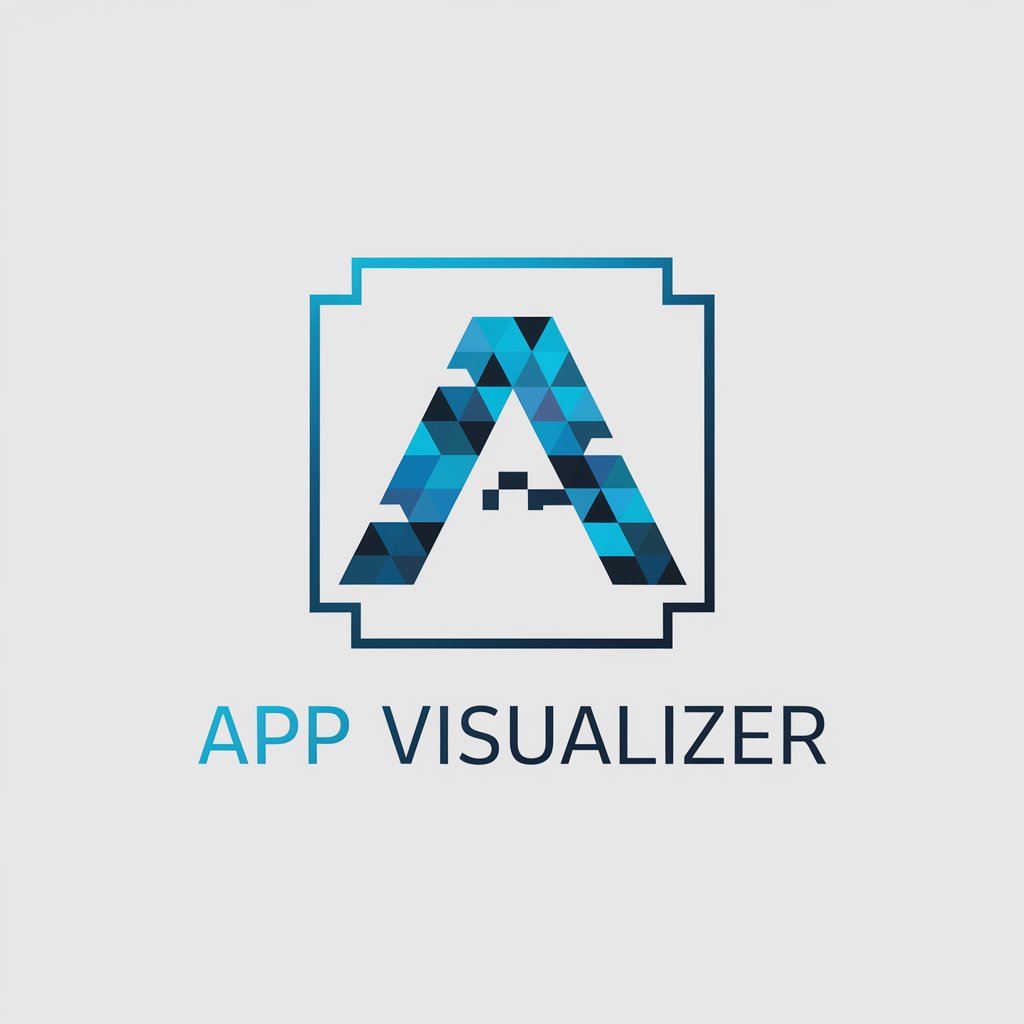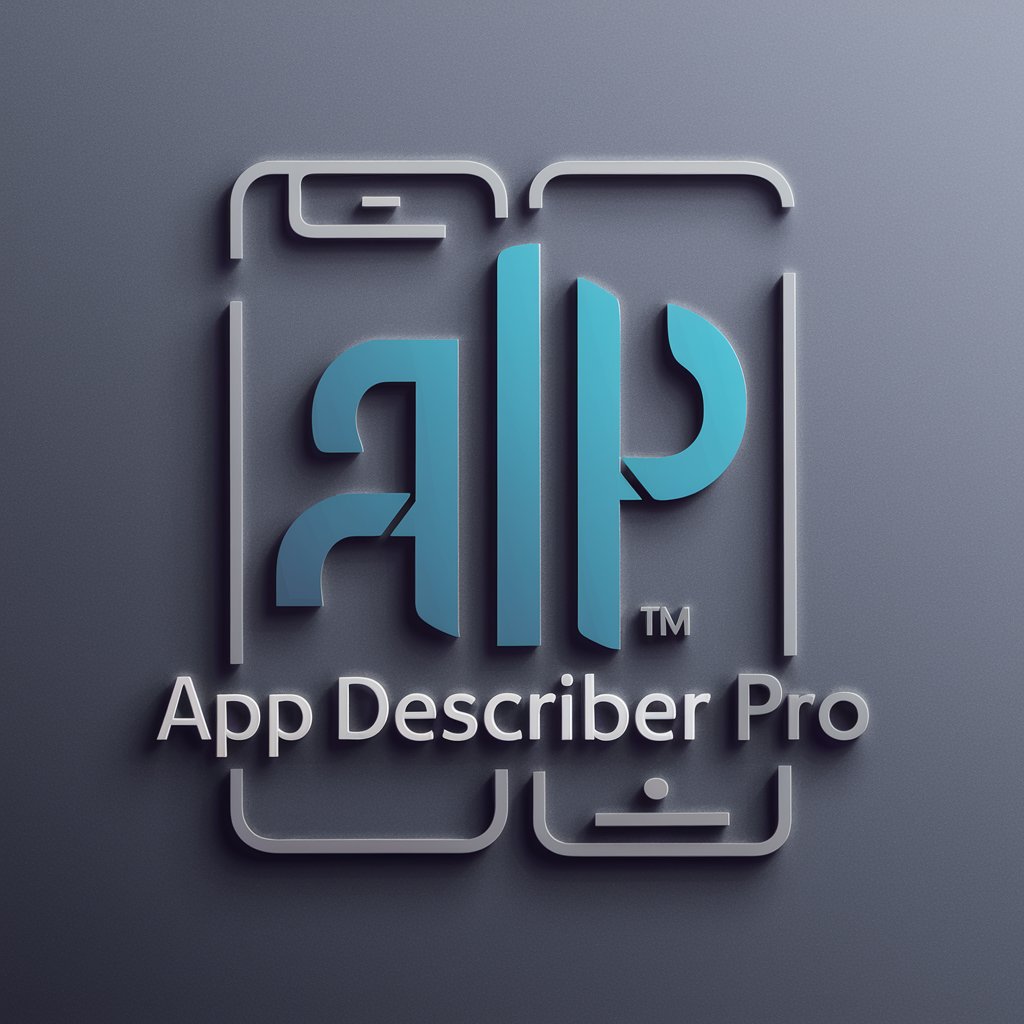10 GPTs for App Marketing Powered by AI for Free of 2025
AI GPTs for App Marketing are advanced artificial intelligence tools, specifically designed to revolutionize the app marketing sector. Utilizing Generative Pre-trained Transformers (GPTs), these tools offer tailored solutions to enhance marketing strategies, content creation, customer engagement, and analytics for mobile apps. They leverage machine learning to understand and predict user behaviors, enabling marketers to craft personalized marketing campaigns, optimize app store listings, and improve overall user acquisition and retention.
Top 10 GPTs for App Marketing are: Create Game Icon,Engaging App Description Specialist,AppIcon,ASO Magic,Play Store Update Writer GPT,AppStoreConnect Helper,龙珠商店包装助手,App Visualizer,Marketing Maven,App Describer Pro
Create Game Icon
Craft Your Game's First Impression

Engaging App Description Specialist
Craft Winning App Descriptions Instantly

AppIcon
Crafting Icons with AI Precision

ASO Magic
Elevate Your App with AI-Powered ASO

Play Store Update Writer GPT
Craft Engaging App Updates with AI

AppStoreConnect Helper
Crafting Compelling App Updates with AI

龙珠商店包装助手
Craft epic app store content with AI power.

App Visualizer
Crafting Visuals, Powering Ideas

Marketing Maven
Elevate Your App with AI-Driven Marketing

App Describer Pro
Crafting Your App's Success Story

Key Attributes and Capabilities
AI GPTs for App Marketing exhibit a range of unique features, including natural language processing for generating compelling app descriptions, updates, and marketing content. They can adapt from basic text generation to complex predictive analytics, offering insights into user behavior and app performance. Special features include the ability to learn from user interactions, provide technical support via chatbots, perform web searches for market research, create engaging images for promotions, and analyze large datasets for strategic planning.
Who Benefits from AI GPTs in App Marketing
This technology caters to a wide audience, including app marketing novices seeking to enhance their promotional efforts, developers looking to integrate AI capabilities into their apps, and marketing professionals aiming for data-driven strategies. AI GPTs are designed to be user-friendly for those without coding skills, while also offering advanced customization options for those with technical expertise, thus serving a broad spectrum of users in the app marketing field.
Try Our other AI GPTs tools for Free
Technical Tutorials
Discover how AI GPTs transform technical education with personalized tutorials, code generation, and interactive learning, making complex subjects accessible to all.
Architecture Optimization
Discover how AI GPTs are revolutionizing Architecture Optimization with intuitive, data-driven solutions for design and efficiency improvements.
Veterinary Diagnosis
Discover how AI GPTs for Veterinary Diagnosis are transforming animal healthcare with advanced, adaptable AI tools designed to enhance diagnostic accuracy and support veterinary professionals.
Animal Healthcare
Discover how AI GPTs are revolutionizing Animal Healthcare with adaptable, user-friendly tools designed to enhance diagnostic accuracy and treatment efficacy.
Veterinary Research
Discover how AI GPTs for Veterinary Research are revolutionizing veterinary science with tailored data analysis, diagnostics, and research support.
Web Automation
Discover how AI GPTs for Web Automation streamline online tasks with human-like efficiency, offering customizable solutions for users of all skill levels.
Deeper Understanding of AI GPTs' Impact
AI GPTs stand as a cornerstone in the evolution of app marketing, offering scalable solutions that adapt to diverse marketing needs. With user-friendly interfaces, these tools not only simplify complex data analysis but also integrate smoothly with existing workflows, marking a significant shift towards more efficient, data-driven marketing strategies in the app industry.
Frequently Asked Questions
What are AI GPTs for App Marketing?
AI GPTs for App Marketing are AI-driven tools designed to support and enhance app marketing strategies through personalized content creation, user engagement, and data analysis.
How do AI GPTs improve app marketing strategies?
They provide personalized marketing solutions, generate engaging content, offer predictive analytics on user behavior, and help optimize app listings for better visibility and conversion rates.
Can non-technical users utilize AI GPTs for App Marketing?
Yes, these tools are designed with user-friendly interfaces that do not require coding skills, making them accessible to marketing professionals and app developers alike.
What types of tasks can AI GPTs perform in app marketing?
They can generate promotional content, provide customer support through chatbots, conduct market research, create engaging images for ads, and analyze user data for insights.
How do AI GPTs personalize marketing campaigns?
By analyzing user data and interactions, AI GPTs can predict preferences and behaviors, allowing marketers to tailor campaigns to individual user needs and interests.
Can AI GPTs integrate with existing app marketing tools?
Yes, many AI GPTs are designed to integrate seamlessly with existing marketing platforms and tools, enhancing their capabilities with AI-powered insights and automation.
Are there customization options for developers using AI GPTs?
Developers can access APIs and development kits to customize and integrate AI capabilities directly into their apps, providing a more personalized user experience.
What are the future trends for AI GPTs in app marketing?
Future trends include more advanced predictive analytics, enhanced personalization through machine learning, and the integration of AI in interactive and immersive user experiences.